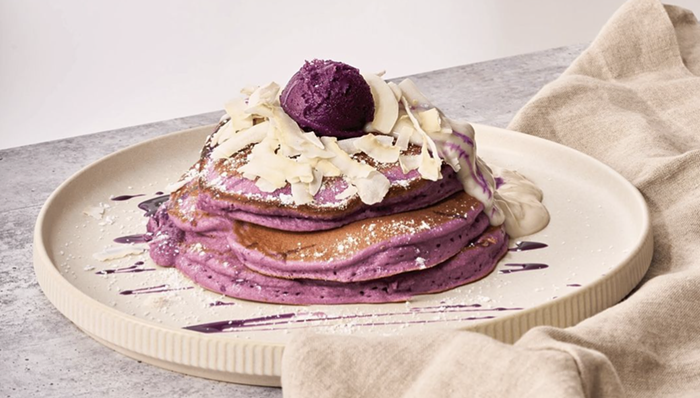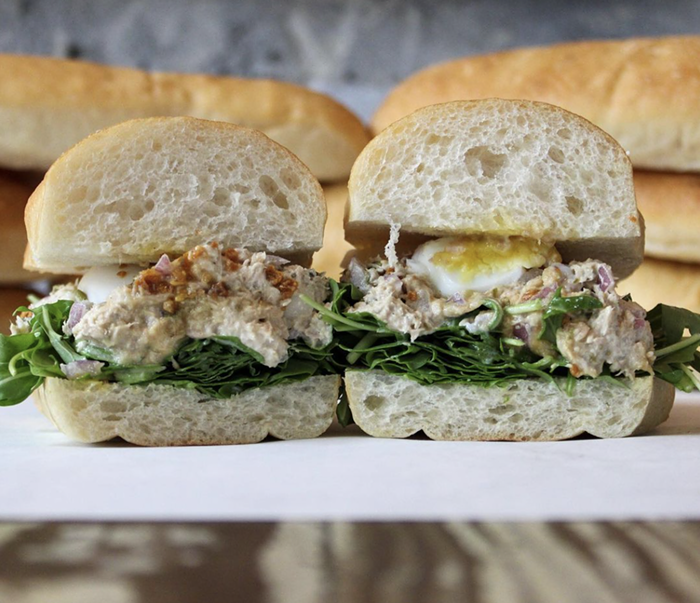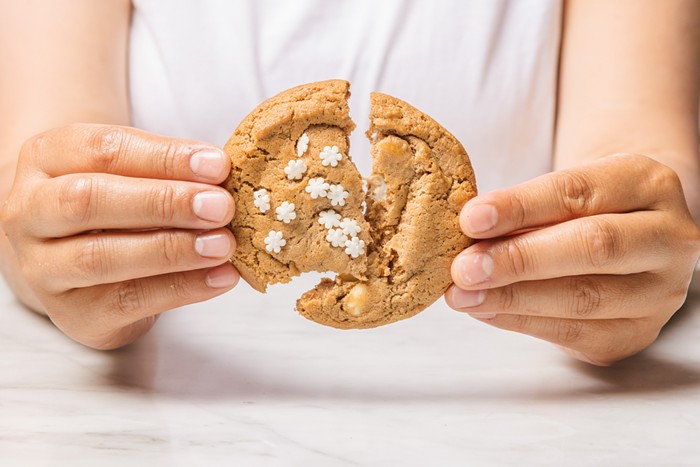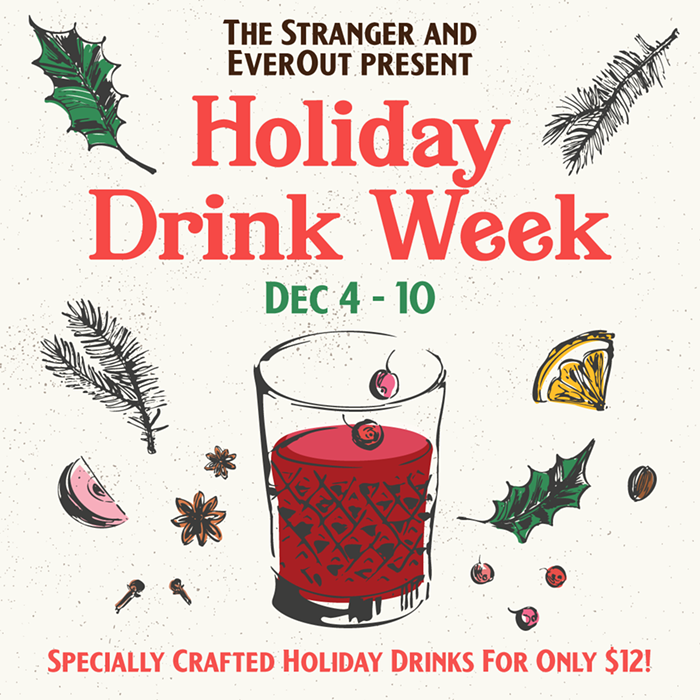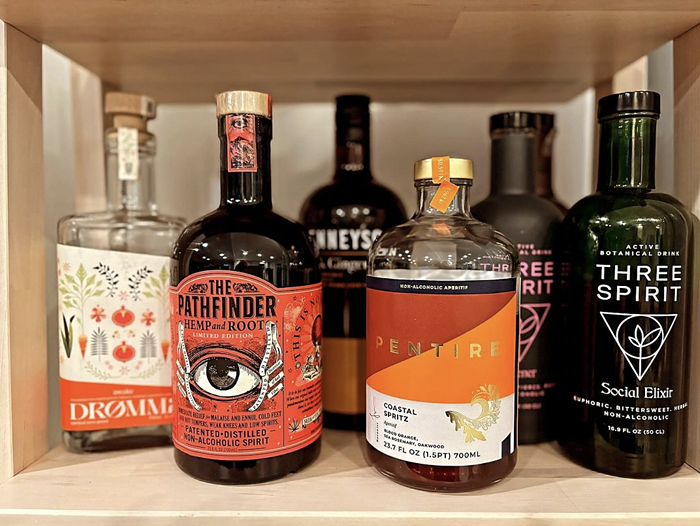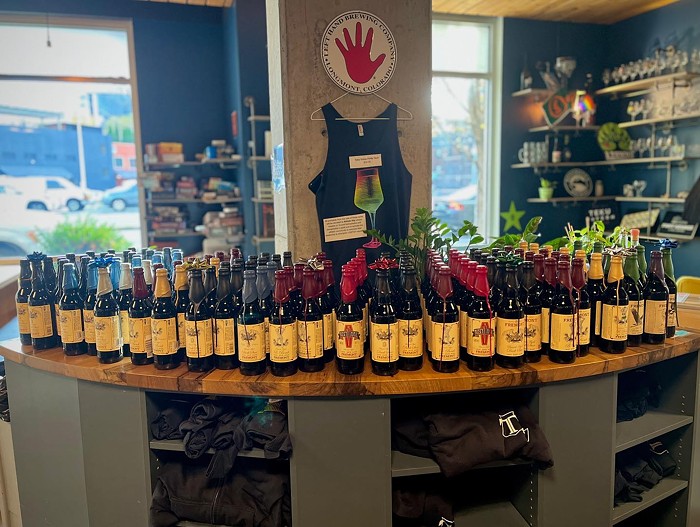When I first started working as a restaurant server, I didn't know much about wine. So once, during a slow shift, I decided to educate myself. I started paging through the three-ring binder we kept behind the bar, which was filled with wine information and tasting notes. A vocabulary of wine flavors and aromas included words such as "burned," "horsey," "kerosene," "moldy," "graphite," "wet wool," "sweaty," and "wet dog."
As someone who tries to avoid the tastes of wet dog and graphite, these descriptors didn't seem helpful. But just as I would have been stumped if a customer asked for a moldy wine with hints of kerosene, I was routinely stuck when customers would say, "I'd like a glass of wine. Something dry."
From a server's point of view, "dry" is perhaps the least helpful adjective you could ever use to describe a wine. Dry is not a flavor; all you can really infer is that someone doesn't want a sweet dessert wine. Any other basic adjectives such as "light," "dark," "heavy," or "smelly" would be infinitely more useful.
I'm not judging. Until I poured wine for others, I pulled the "dry wine" move on servers all the time. It was my way of hiding something I felt self-conscious about—that I knew basically nothing about wine, and that someone might make me feel stupid if they found out.
The restaurant I worked at did a decent job of educating staff about wine with regular tastings, and our wine director was always open to questions. And yet I never quite got over the feeling that everyone knew something about wine that I didn't.
I don't know when wine became intimidating, but I do know that it shouldn't be this way. Looking for some help, I called Chris Horn, wine director for Purple Cafe and Wine Bar. Horn oversees the wine programs at Purple's four locations in Seattle, Kirkland, Bellevue, and Woodinville. He was also recently named the 2015 "Sommelier of the Year" by the Washington State Wine Commission.
"Aaaaaaaaaargh," Horn groaned when I told him about my story. "'Dry' is the ultimate non-descriptor for a wine! If I could go back in time and stop whomever it was that started that, I'd..." He trailed off before saying anything he'd regret.
In a more serious tone—though, thankfully, Horn never seems to speak about wine reverentially—he went on to say, "I encourage people to speak about wine in the common language of fruit: pear, strawberry, cherry, blackberry. Everybody knows what fruit tastes like. If people can identify the flavors they like in wine, then they can ask for things more exactly."
It seems so simple, but what Horn said surprised me. Perhaps that's because it feels like an entire culture—seemingly fueled by rich people who try to sound smarter than everyone else—has been created around the idea that wine is anything but simple.
I liked what Horn went on to say even more: "People should treat wine like salad dressing. Once you know what you like, you'll just know to have it on hand. And you'll have the ability to reach for a particular wine and know it's going to go well with what you're eating."
But how do you figure out what you like?
Fortunately, there are a lot of people out there who can help. And most of them have no desire to make you feel dumb. As Horn says, good service people "are not interested in showing guests how smart they are, because they know they'll only see that guest once."
The best thing to do is find somebody—a server, a sommelier, a wine steward, the lady who works at your neighborhood wine shop—and talk to them. Get to know them, and they'll get to know you. They'll let you taste things and make suggestions. It's in everybody's best interest to foster a long-term relationship.
In restaurant settings, don't turn down advice when it's offered to you. "We have guests who, when a server asks them if they'd like to speak to a sommelier, say, 'Oh, no, no, I'm fine,'" said Horn. Their hesitation comes from a fear of being wrong. "People often preface a conversation with 'I know nothing about wine.' Which is silly, because we don't go to the dentist and say, 'I know nothing about teeth.' You don't need to qualify anything."
Sommeliers at restaurants are trained specifically to pair wine with the food being served, so don't be afraid to just trust them. "We pair wine to the menu every day," said Horn. "Wine tastes better with food."
If someone makes you feel bad or self-conscious, go somewhere else. Don't waste your time, as Horn says, with the "wine guy who acts like the guy at the record store who looks down on you when you buy a Katy Perry album." Horn also notes, "We're coming out of a dark age where wine is a hoity-toity intellectual pursuit. Wine is really an everyday drink."
These days, wine is less expensive, and there are more varieties than ever before. This makes it possible to try a lot of different wines—at restaurants, wine bars, and wine shops—and home in on what you like. And a good wine professional will help you. "Anyone I consider a friend or colleague in this business feels the way I do," said Horn. "Eventually, we will take over."
Lastly, whether you're a customer, a server, or a sommelier, stay open-minded and don't be a snob. "I've always been mystified by why the guy who pulls the cork out of the wine gets to be the snooty one," mused Horn. "Seems to me, the people doing the difficult work like farming should be the ones, if any, to have an attitude." ![]()
